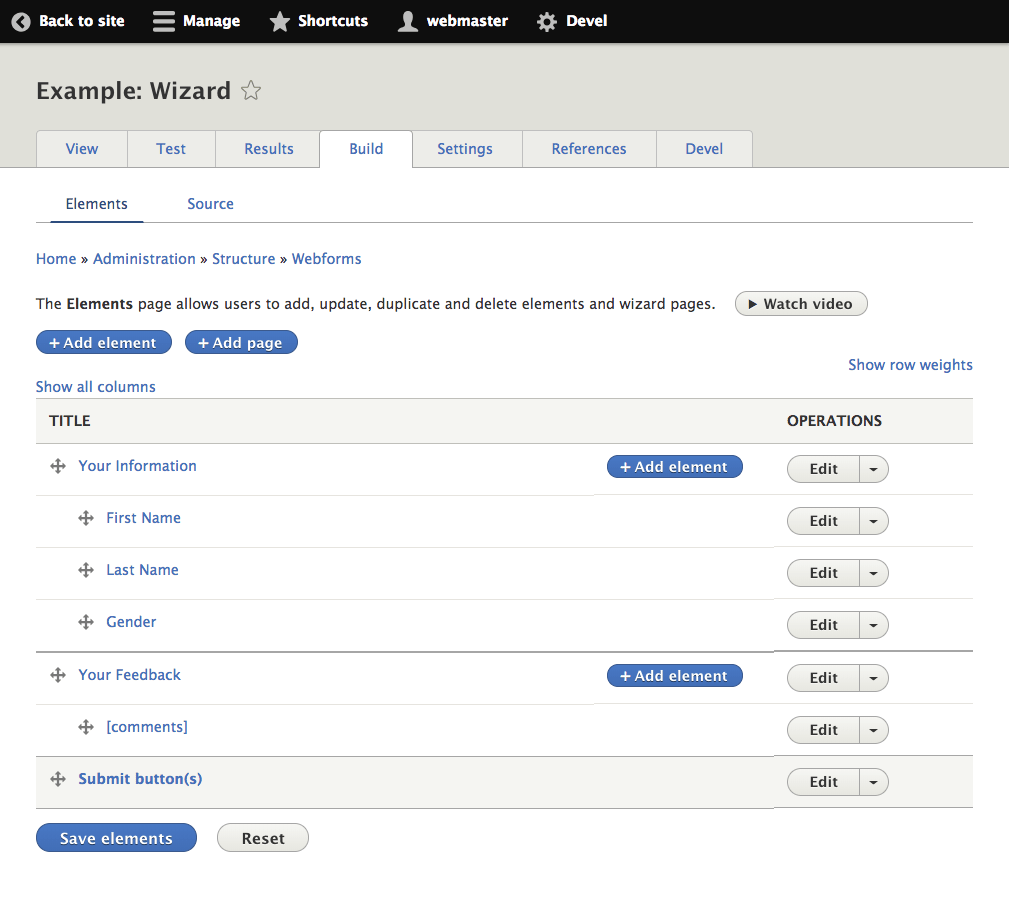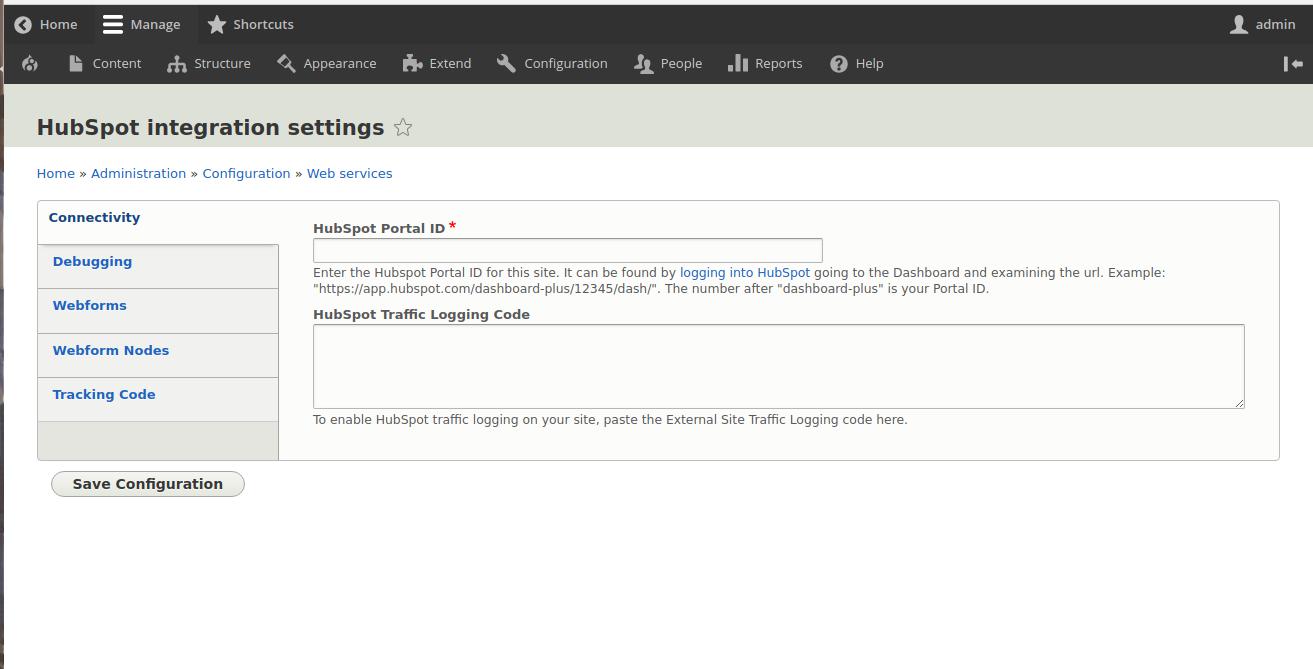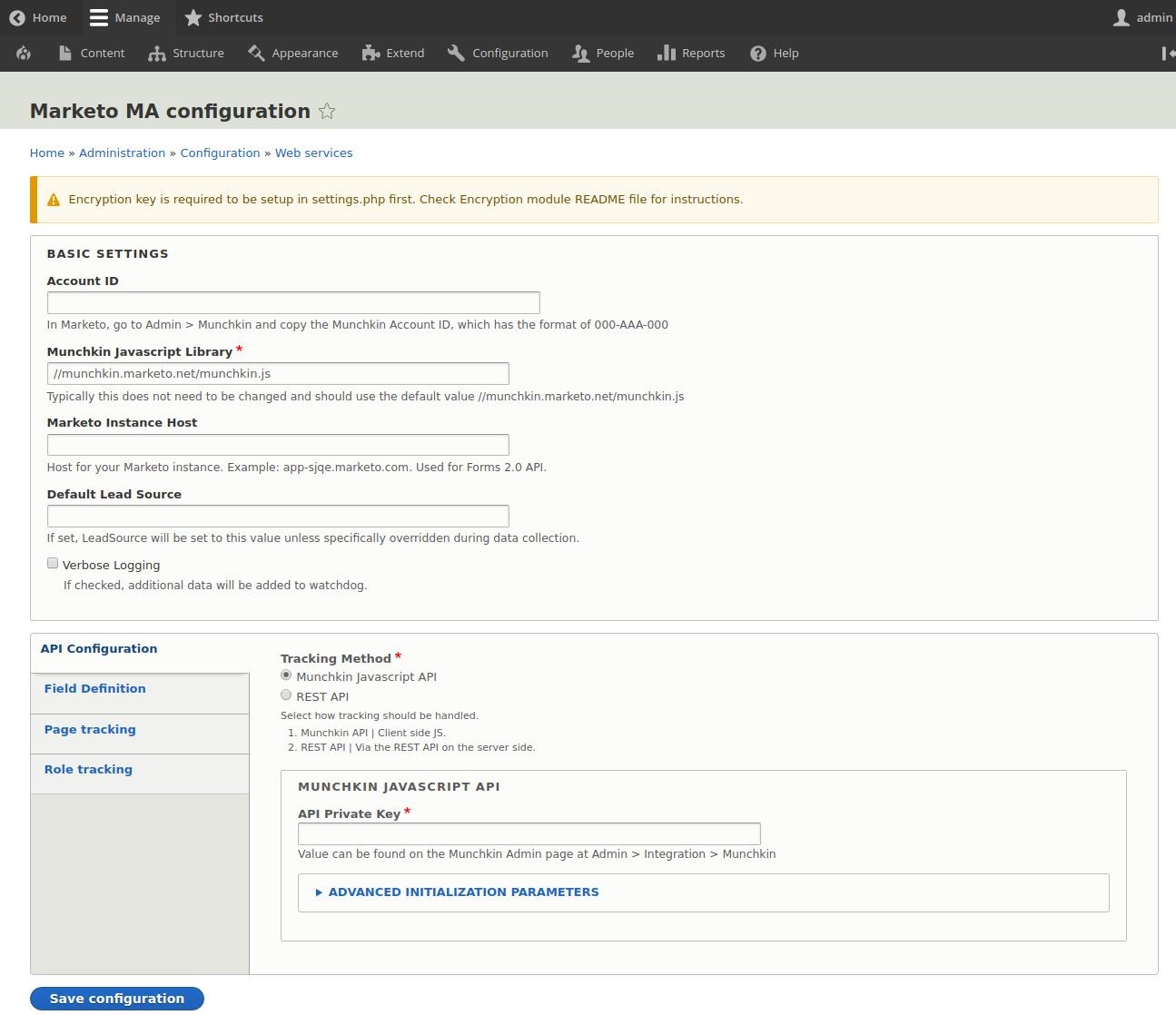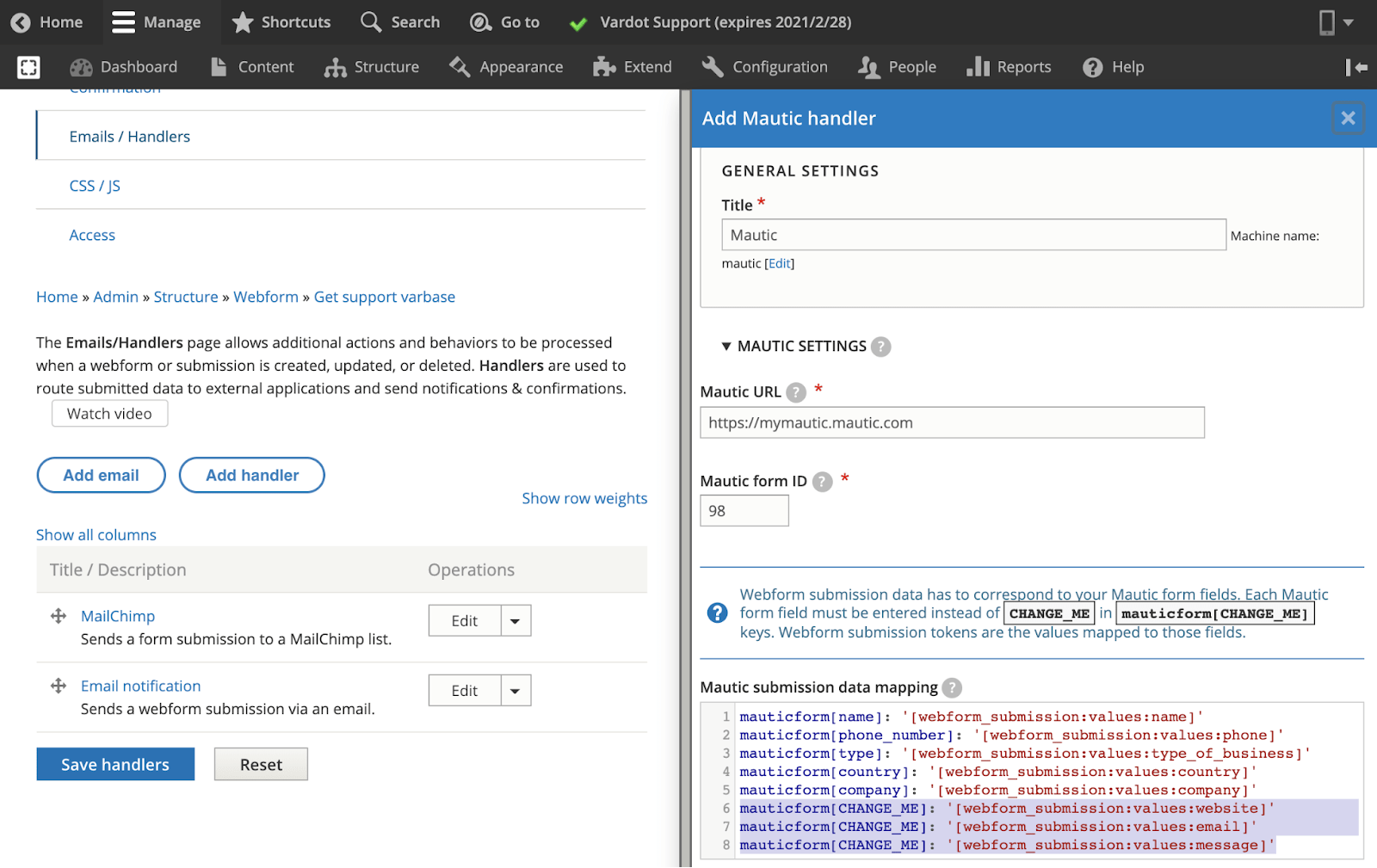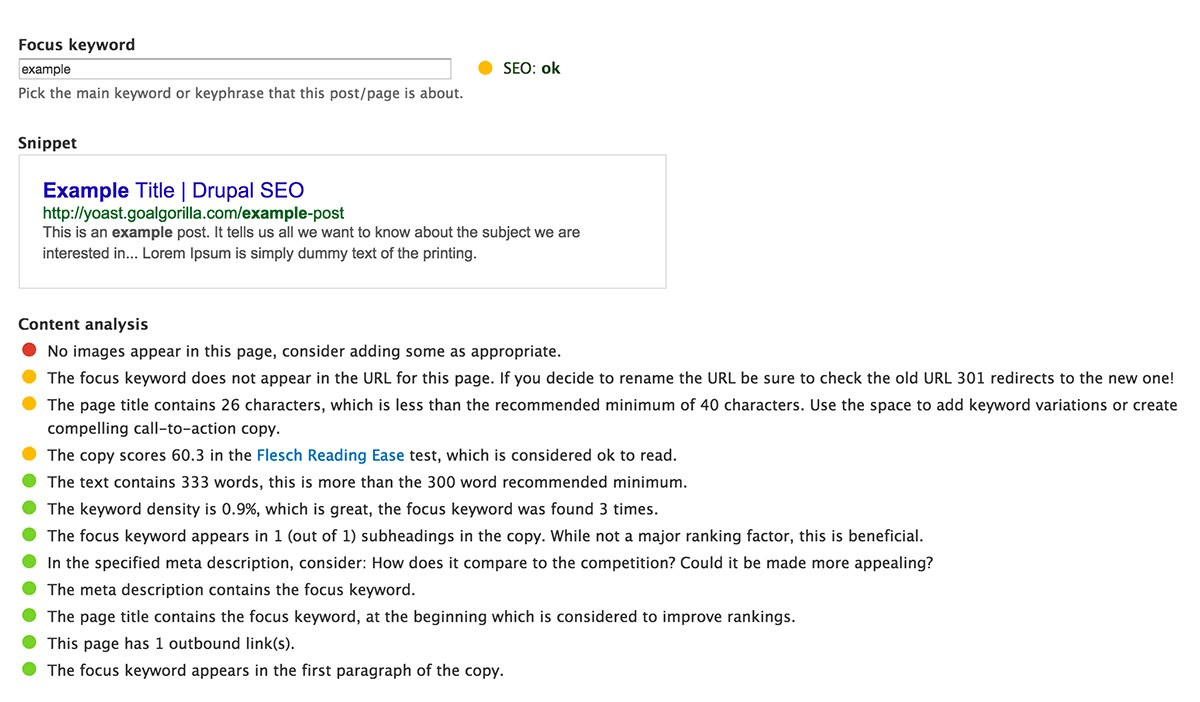Introduction
You can't escape marketing automation if you're looking to scale your marketing efforts. Each organization sets different marketing automation targets. According to research, productivity optimization is the primary goal, followed by acquiring more leads, analyzing performance, and aligning marketing and sales. So what's yours?
Various marketing teams/individuals have their preferred marketing automation tools that align with their goals. Some appreciate the user-friendly interface of Constant Contact, while others favor the feature-rich capabilities of MailChimp. As an extremely flexible CMS, Drupal offers seamless integration with a wide variety of marketing automation platforms. Its open architecture ensures smooth data synchronization among email marketing software, CRM systems, and analytics tools.
In this article, we'll explore some of the most popular marketing automation Drupal modules designed to simplify every marketer's workflow.
Module 1: Webform
Although not inherently a marketing automation tool, the Webform module plays a vital role in seamlessly integrating Drupal with third-party marketing automation software. This module facilitates the collection of user data through forms within Drupal. You can create various types of forms such as surveys, newsletter sign-up forms, or contact forms. Once users submit data, it can be seamlessly transferred to third-party marketing automation systems. In recent Drupal versions (8+), the Webform module has seen substantial improvements, including an object-oriented API, enhanced source editing capabilities, a broader range of form elements, adaptable plugins, improved documentation, and more. Explore how to get started with Webforms in this concise tutorial.
Module 3: MailChimp
MailChimp stands out as a highly popular email automation platform renowned for its versatility beyond mere bulk email sending. With MailChimp, users can craft customized campaigns, automate email dispatches based on predefined triggers, monitor customer interactions, personalize content, generate insightful reports, and more. The Drupal MailChimp module seamlessly integrates your Drupal website with Mailchimp, facilitating visitor tracking and list creation. This visitor list is then synchronized with MailChimp, enabling access to its suite of email automation tools and additional features. Furthermore, you can effortlessly design signup forms and campaigns within Drupal, while also monitoring activity directly from your website. Additionally, visitors retain control over their email list preferences, enabling them to opt in or out as desired. Explore how to craft targeted email campaigns using MailChimp and Drupal in this informative article.
Module 2: HubSpot
HubSpot's marketing automation platform is renowned for offering users an extensive array of inbound automation tools, including Marketing Hub, Sales Hub, and Service Hub, which can operate independently or in conjunction with one another. The HubSpot Drupal module seamlessly integrates with Webform and the HubSpot API. When users submit their information through Drupal Webform, the data is transmitted to HubSpot's lead management tool, allowing for effective tracking and nurturing of leads.
Module 4: Marketo MA
Marketo, now an Adobe company, stands as a highly popular and extensively utilized marketing automation tool that streamlines various activities including lead tracking and nurturing, personalization, analytics, advertisements, social marketing, automated campaigns, and more across multiple devices. The Marketo MA Drupal module facilitates the capture of lead data during form submission and enhances your Drupal website with Marketo Munchkin tracking codes and API integration. Moreover, it seamlessly integrates with the Drupal Webform module. Discover how to synchronize your lead data from Marketo to Drupal in real time using Webhooks in this insightful article.
Module 5: Mautic
Mautic is the first open-source marketing automation platform and was recently acquired by Acquia. It allows for multi-channel communications and campaign management, visitor tracking, email marketing, content customization and personalization, etc. The best way to integrate Mautic with your Drupal website is with the Webform Mautic module. This module enables the addition of Mautic handlers to Webforms, facilitating data submission to Mautic lists. To effectively track website contacts, ensure the installation of the Mautic tracking code on your Drupal website.
Module 6: Google Analytics
Did you know that Google Analytics originated from a web analytics service called Urchin, which Google acquired in 2005? Today, Google Analytics stands as the most widely used website analytics tool globally. No marketing automation setup is complete without analytics, and Google Analytics excels in this domain. The immensely popular Google Analytics Drupal module (with over 200k downloads!) enables you to integrate a web statistics tracking system into your website. It tracks and monitors domains, users, files, search systems, Adsense, custom code snippets, and much more. For generating reports based on your tracked data, consider installing the Google Analytics Reports Drupal module. Discover how to successfully implement GA4 for your marketing strategy in this informative article.
Module 7: Yoast
This Drupal module seamlessly integrates the power of the popular Yoast tool directly into your Drupal environment. With the Real-time SEO for Drupal module, you can now optimize your content without worrying about missing keywords or exceeding text limits. It's an invaluable asset for Drupal SEO, providing real-time page analysis of meta tags and alerts to rectify any SEO missteps. Additionally, it offers a preview of how your page title and meta description will appear in Google search results. This module accelerates and enhances the SEO optimization process, making it an indispensable marketing automation tool.
